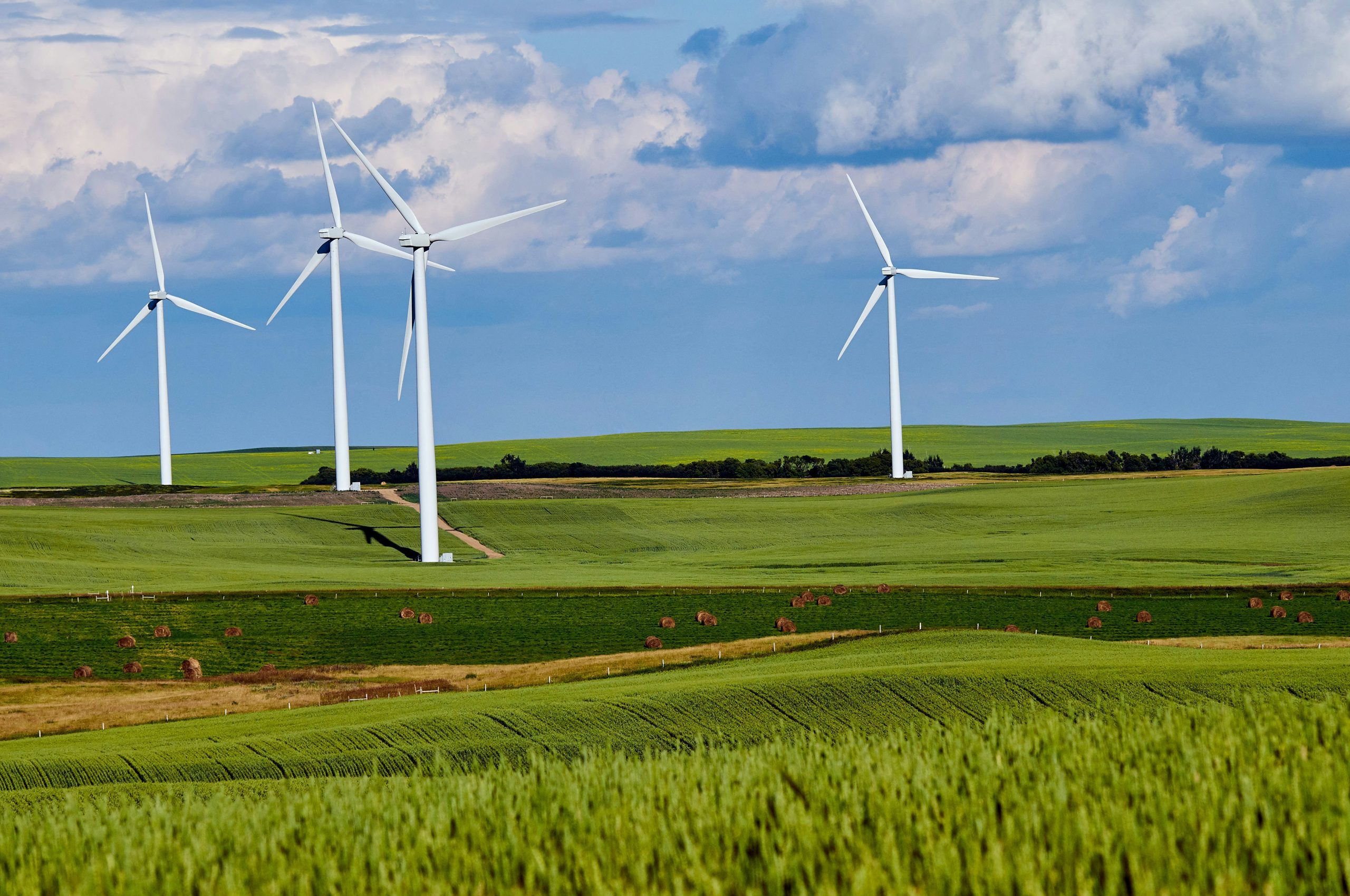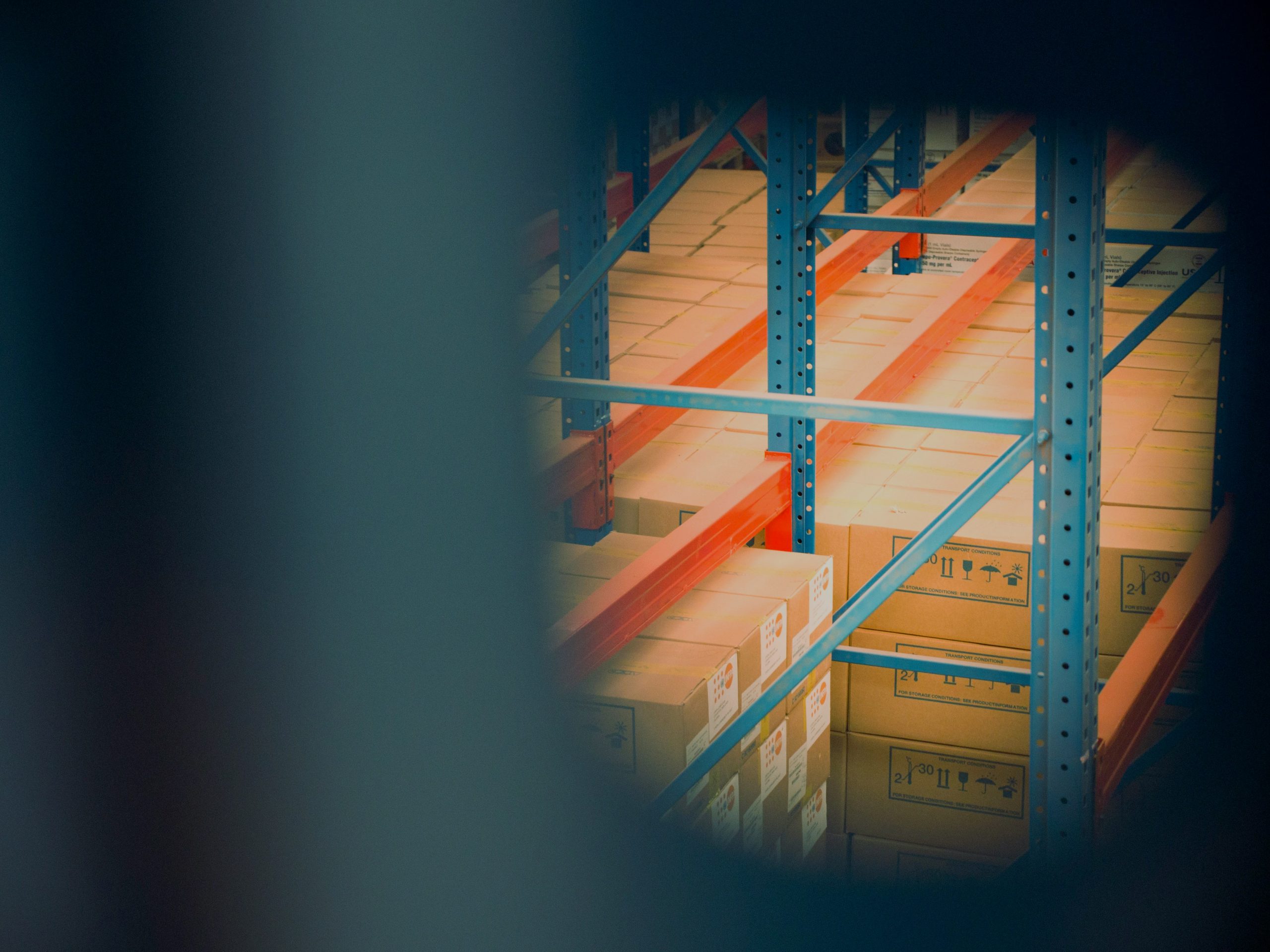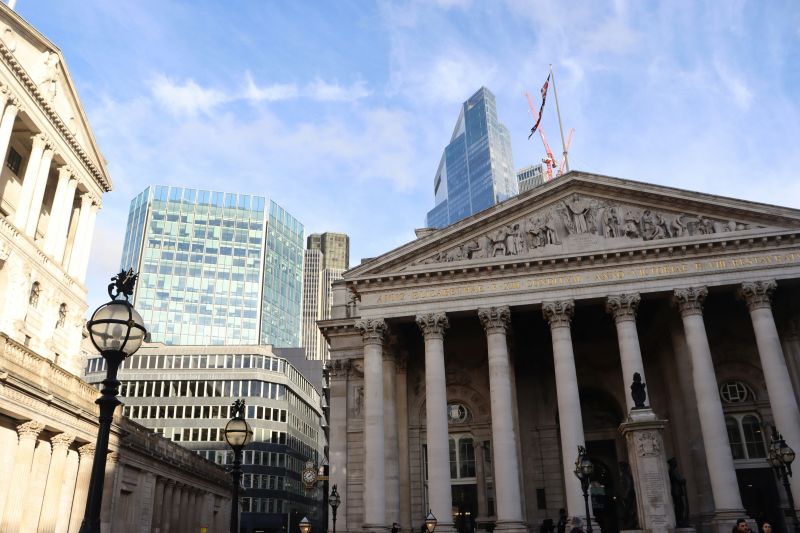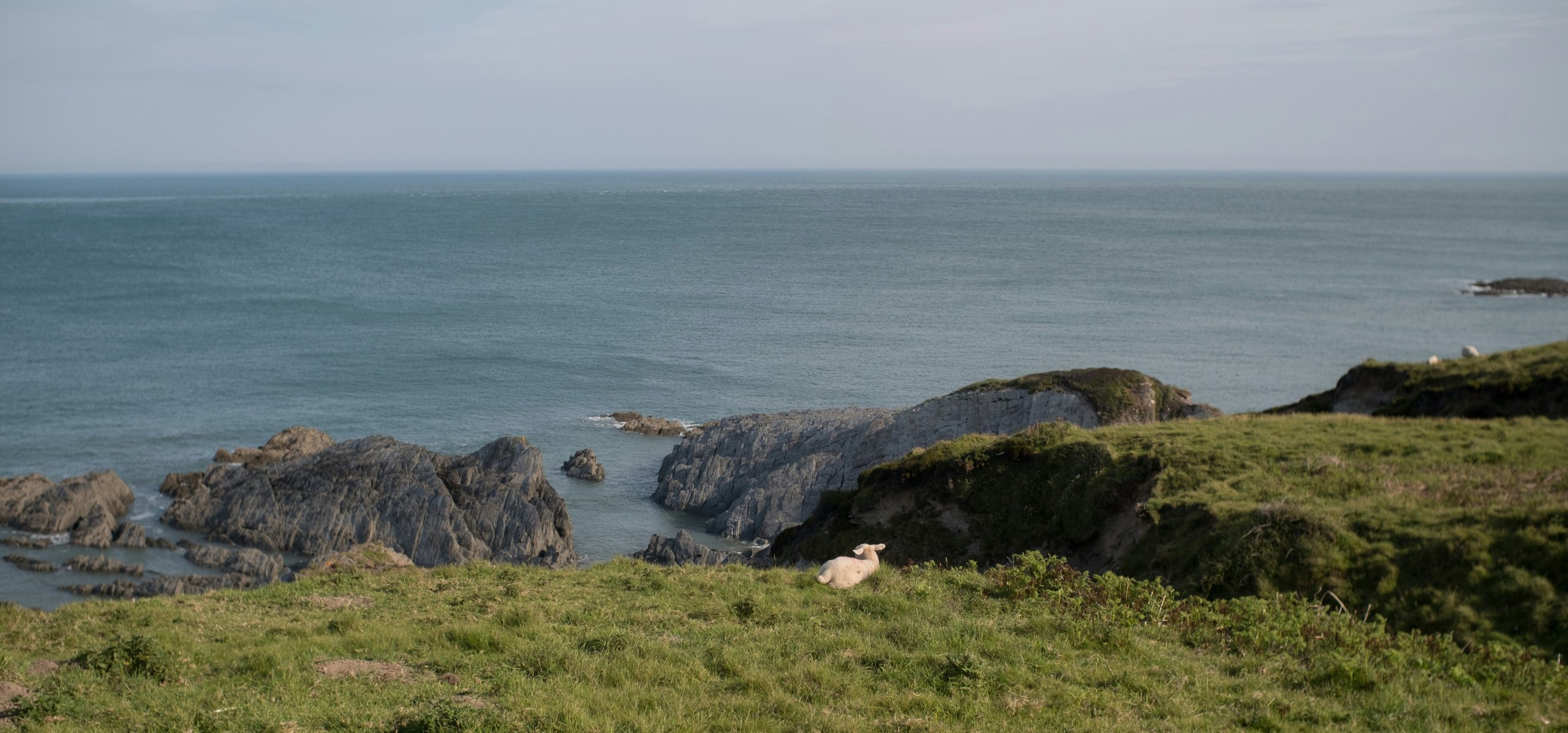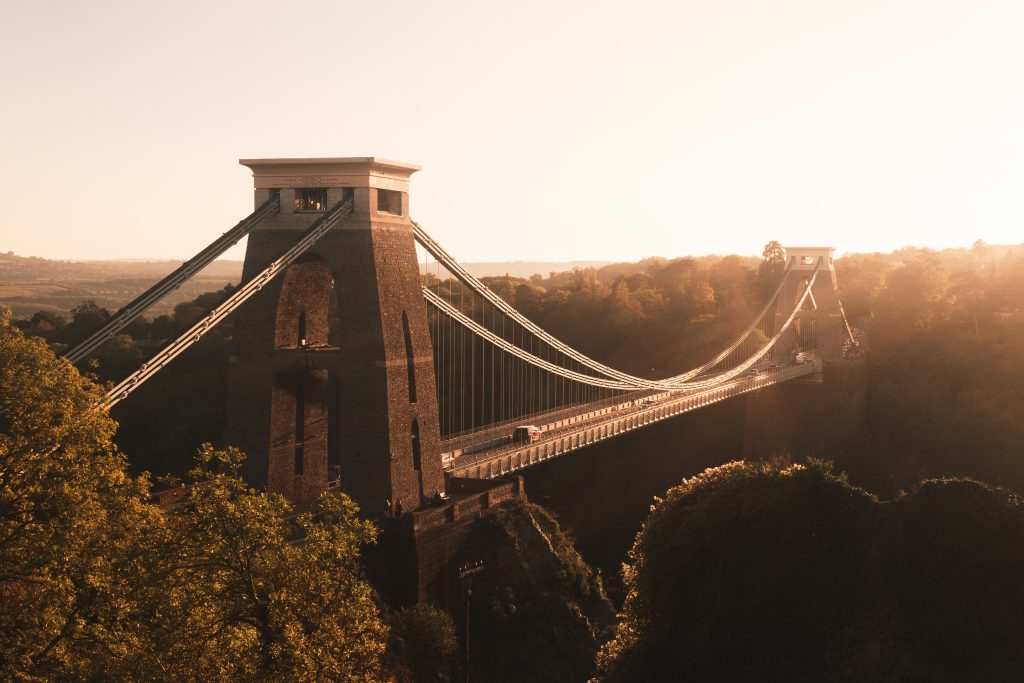
From the majestic Royal Albert Bridge across the Tamar, linking Devon and Cornwall to the iconic Clifton Suspension Bridge in Bristol, Isambard Kingdom Brunel’s remarkable civil engineering legacy is woven into the fabric of the South West. His famous engineering designs have left an indelible mark on the region, shaping its past in ways that continue to inspire awe. But, as we stand on the precipice of the future, we must ask ourselves a pivotal question: How can we build upon Brunel’s legacy to transform our infrastructure for a more sustainable and resilient tomorrow?
The complexities of modern infrastructure and the climate change emergency necessitate a new vision. Creating a future that is net zero requires not just aspirations but also actions. Our infrastructure must adapt to the challenges of extreme weather, such as floods and droughts, and we must ensure we meet the changing needs of our communities, as well as protecting the region’s beautiful landscape and precious biodiversity.
In pursuit of answers to these questions, a recent report from the South West Infrastructure Partnership (SWIP) delves into the region’s infrastructure challenges, laying the groundwork for a forward-thinking system to enable decarbonisation and climate adaptation. The South West Vision 2050 draws upon conversations with infrastructure leaders and stakeholders, combined with an array of evidence and case studies. The report leaves us with a resounding conclusion: the pursuit of a net-zero future for the South West hinges upon genuine collaboration. It calls for politicians, businesses, infrastructure leaders, professionals, and communities to join hands. This isn’t just rhetoric; it’s a call to action.
The opportunity now lies in making climate change response and the wellbeing of nature and people central to decision-making processes in the infrastructure sector. The report is supported by the Institution of Civil Engineers (ICE) South West and a growing number of infrastructure professionals and stakeholders who are seeking to collaborate for change.
This was put into practice at a recent SWIP conference in Taunton, where the region’s infrastructure community came together to share examples and ideas and look for ways to break down siloed working towards the aim of infrastructure decarbonisation.
Effective cross-sector collaboration is built on open and honest discussion, and as a way to engender this, SWIP has a podcast series shining a light on infrastructure challenges. Aptly named, Beyond Brunel, the podcast brings together experts to tackle some of the big questions facing the region. In the latest episode, Christopher Ackland, the podcast host, and himself a civil engineer, looks at how the region needs to rethink its approach to water and sewage. Forthcoming episodes discuss the future of our roads, floating offshore wind energy and how we can create nature positive infrastructure.
As we embark on this transformative infrastructure journey, we must be unwavering in our
commitment to collaboration, resolute in our pursuit of sustainability, and inspired by the legacy of those who came before us. Just as Brunel once did, we too have the power to shape the future.
Together, we can build a region that stands as a testament to our ingenuity, resilience, and dedication to a more sustainable world. Paula Hewitt is the chair of the South West Infrastructure Partnership.
To download the South West Vision 2050 visit southwestinfrastructurepartnership.co.uk and search for Beyond Brunel on Apple Podcasts or Spotify to subscribe to the podcast.

